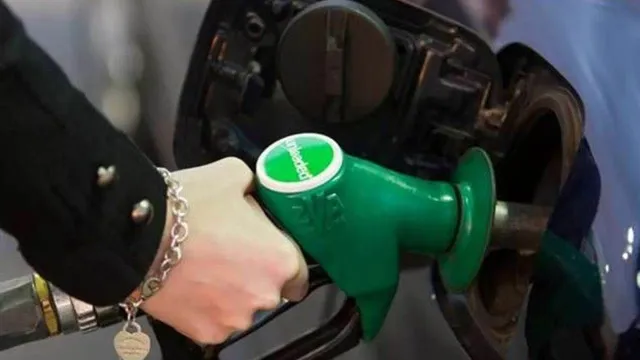- By Pawan Mishra
- Tue, 05 Aug 2025 09:11 AM (IST)
- Source:JND
Is Ethanol Blend Petrol Safe: In order to achieve its carbon reduction goals, India began petrol blending with 20 per cent Ethanol (E20) as a pilot project back in 2023. The country successfully achieved its target of Ethanol-blended petrol in 2025, 5 years ahead of the timeline. However, concerns exist regarding the impact of ethanol-blended fuel on vehicles, especially the older ones. The Ministry of Petroleum and Natural Gas recently issued a detailed statement on the social media platform X, regarding the rising concerns.
No Differences In Power & Torque
The Ministry of Petroleum and Natural Gas clarified in its X post that the concerns regarding the potential impact of E20 fuel on vehicles, particularly regarding the old vehicles, are largely unfounded and not supported by scientific evidence. Ministry shared that International studies on the effect of using Ethanol-Petrol Blends on Mechanical, Energy, and Environmental Performance of Vehicles through testing of carbureted and fuel-injected vehicles every 10,000 km during their first 100,000 km showed statistically no significant differences in power and torque generated and fuel consumption.
No Significant Variation
The ministry also stated that, as per Material compatibility and drivability tests by the Automotive Research Association of India (ARAI), Indian Institute of Petroleum (IIP), and Indian Oil Corporation (R&D), it is confirmed that legacy vehicles also showed no significant variations, performance issues, or abnormal wear-and-tear when operated with E20. Moreover, E20 fuel passed hot and cold startability tests without any engine damage.
Also Read: National Lok Adalat 2025: How To Settle Pending Traffic Challan And Save Money, Explained
The ministry also addressed concerns regarding the impact of ethanol-blended petrol on fuel efficiency, material corrosion, and the environment, and it has specified these details:
Fuel efficiency
As per the ministry, Ethanol, being lower in energy density than petrol, results in a marginal decrease in mileage, estimated at 1–2% for four-wheelers designed for E10 and calibrated for E20, and around 3–6% in others. This marginal drop in efficiency can be further minimised through improved engine tuning and use of E20-compatible materials, which leading automobile manufacturers have already adopted. The Society of Indian Automobile Manufacturers (SIAM) has confirmed that E20-compliant vehicles with upgraded components began rolling out from April 2023. Thus, the allegation that E20 leads to a drastic drop in fuel efficiency is factually incorrect.
Also Read: Hero Mavrick 440 Discontinued In India; Here’s Why Brand Unplugged Its Most Premium Motorcycle
Material corrosion
Safety standards for E20, including corrosion inhibitors and compatible fuel system materials, are well established through BIS specifications and Automotive Industry Standards. Replacement of some rubber parts/ gaskets could be advised in certain older vehicles after prolonged use of say 20,000 to 30,000 kms. This replacement is inexpensive and easily done during regular servicing of the vehicle
Environmental concerns
Ethanol replaces petrol, a fossil fuel and reduces CO2 emissions. India’s ethanol blending programme is through feedstock diversification. Ethanol is increasingly being produced from not only sugarcane but also from surplus rice, maize, damaged food grains, and agricultural residues, especially under the push for second-generation (2G) biofuels. This makes ethanol blending not only technically viable, but environmentally sustainable as well. A study on life cycle emissions of ethanol done by Niti Aayog has assessed that GHG emissions in the case of sugarcane and maize-based ethanol use are less by 65% and 50%, respectively, than those of petrol.

